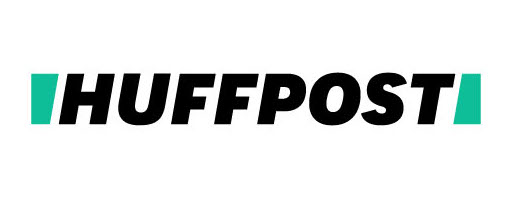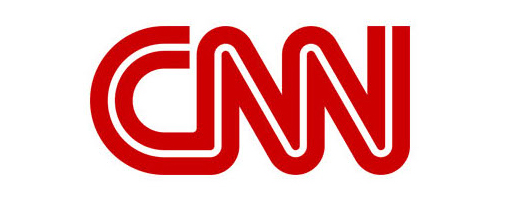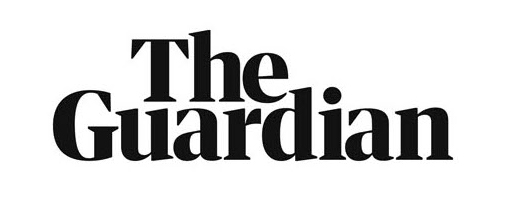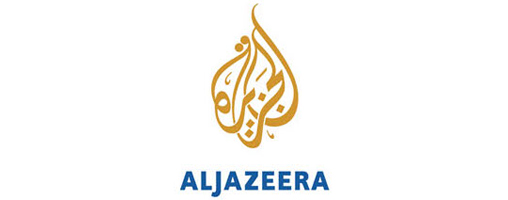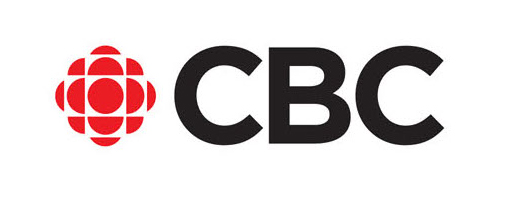International Women’s Day – March 8th 2014
“Countries with more gender equality have better economic growth. Companies with more women leaders perform better. Peace agreements that include women are more durable. Parliaments with more women enact more legislation on key social issues such as health, education, anti-discrimination and child support. The evidence is clear: equality for women means progress for all.” – Secretary-General Ban Ki-moon
The following year, the first ever International Women’s Day was celebrated around the world, with over one million women taking to the streets to demand equality in the workplace, and the home. It wasn’t until 1975 that the UN officially recognized International Women’s Day.
In 2014, women continue to earn 20% to 40% less than their male counterparts in the same professional position. Women are massively under-represented on the political stage, and the laws around the world reflect this. According to the United Nations, women perform 66% of the world’s work, and produce 50% of the food. And yet we earn 10% of the income and own only 1% of the property. A woman is 30% more likely to be illiterate as an adult, because girls are routinely kept out of school to do housework, farm work, or be married off as a teenager. 39,000 young girls are forced into child marriages every year.
Domestic abuse is not considered a crime in many countries around the world, with spousal rape is the most common form of sexual abuse, because marriage is seen by most countries as the husband’s ownership over his wife’s body. It wasn’t until 1993 that marital rape became a crime in the USA.
A study in Asia-Pacific surveyed 10,000 men and found that 1 in 4 men admitted to raping a woman, and 1 in 25 admitted to participating in the gang rape of a woman.
 The next generation of women in Mathare.
The next generation of women in Mathare.
Girls need to attend school with the same regularity as boys. Girls need to know that if they are sexually assaulted, the law will be on their side. Girls need to feel supported in the workplace. Girls need to feel safe when walking down the street. Girls need to have a voice in politics. Girls need to enjoy the luxury to choose when and who to marry. Girls deserve so much more than what the world gives them. We can do better.
Sabrina Rubli





















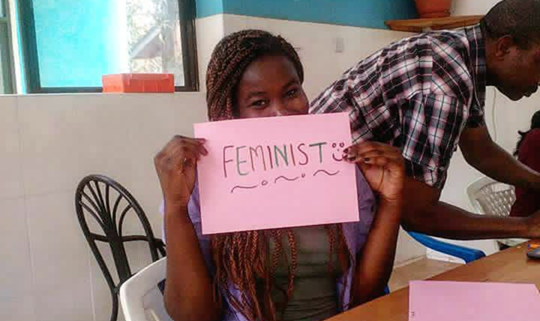
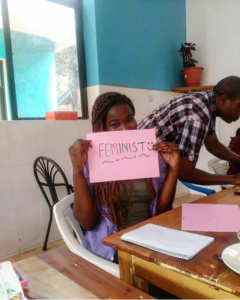 Both of us stopped and looked at each other, and we instantly realized something: when did feminism become a dirty word? Why on earth is advancing women’s rights something to be embarrassed about? Why does “feminism” hold such negative connotations, of crazy women who ought to be put in their place? It’s as though feminists are viewed as these radical beings trying to overthrow society as we know it. And while there has certainly been a revolutionary component to the feminist movement, particularly in some parts of the world, feminists really just want to see justice, finally.
Both of us stopped and looked at each other, and we instantly realized something: when did feminism become a dirty word? Why on earth is advancing women’s rights something to be embarrassed about? Why does “feminism” hold such negative connotations, of crazy women who ought to be put in their place? It’s as though feminists are viewed as these radical beings trying to overthrow society as we know it. And while there has certainly been a revolutionary component to the feminist movement, particularly in some parts of the world, feminists really just want to see justice, finally.





